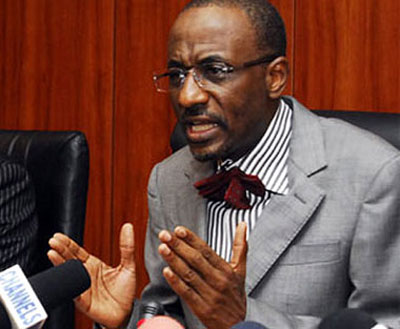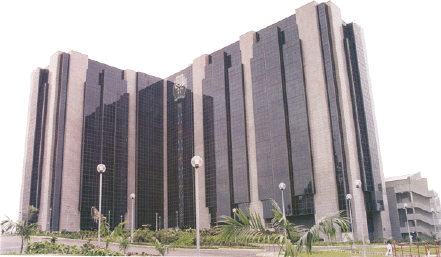CASHLESS SOCIETY: Lessons From Subsidy Removal Strike
For some months now, the CBN has been trying to sensitize Nigerians about the benefits of a cashless society. The programme was supposed to have kicked off on the 1st of January in Lagos. However, Goodluck’s subsidy removal completely overshadowed it and it is lurking in the shadows waiting to be given due attention. However, perhaps the strike resulting from the protests against the Federal Government’s subsidy withdrawal was the first minor test for the effectiveness of the cashless society experiment. All of a sudden, Nigerians were left with no means to carry out financial transactions other than the use of ATM machines. I have not really sampled opinions but I will say the ATMs had about forty percent success rate during the strike. Almost everybody I know who needed money was eventually able to get it although it cost them a lot of time and moving around as many branches of various banks did not even bother to load their machines. The few which constantly put money in their ATM machines were besieged by customers and the money normally finished before the sun went down. Also, some banks allowed e transactions to continue and so people were able to pay and receive money electronically.
In all, I think this experience has shown that it is possible for the Nigerian cashless economy to be a success. Like other technological revolutions, Nigerians tend to pick up these things very fast. A few years ago, mobile phones hardly existed in Nigeria, now, the latest phones are flooding our markets immediately they are released by the manufacturing companies. The use of internet by young Nigerians is so impressive that google had to come and find out what was going on and are now trying to help many Nigerian businesses have their own websites. We had the same experience with ATM machines. Many people who preferred to deal with raw cash are now very comfortable using ATMs to withdraw money only when they need it.
So, will we have the same experience with paying with POS machines, debit cards etc.? I think so. But it all depends on how well the CBN manages the first few months of operations. To begin with, I don’t really know how well they have sensitized the public. Just like the fuel subsidy issue, they might be under the illusion that everybody understands until they have to really start using it. I am very sure that many people are not yet convinced of the advantages of being paid without seeing the cash. There is more sensitizing to be done. Above all, it is necessary that no one is forced to comply. Like similar technological changes, Nigerians will hatch onto it at their own time once they see that it is foolproof.
What issues could make Nigerians lose faith in the cashless economy before it even takes off. One is the network system. I watched an interview where Tunde Lemo, head of operations, CBN, was being interviewed about the advantages and dangers of the cashless economy. One key question that was asked is what happens if there is a network failure. He explained that they will be using both GLO and MTN and that it is not likely that both will fail at the same time. If one does not work, there is an automatic switch over to the other one. That sounds foolproof enough, but you and I know that it is not impossible at all that both networks fail. Our experience with the mobile network companies in Nigeria has not been an entirely rosy one. Imagine how disastrous it will be if someone is trying to pay for a commodity or service and the person he is paying cannot access his account details. If he does not have cash on him, it could lead to serious inconveniences. Mr. Lemo did not see this as a big problem, but it is something that has to be studied very carefully. A few occurrences like these could lead to the complete failure of the whole process.
Another thing that many Nigerians will be afraid of is the possibility of doing fraud with the system the Central Bank is trying to put in place. Without doubt people are going to try to take advantage of it to deceive others and make purchases with fake accounts and so on. I don’t know what measures the CBN is putting in place to ensure that there systems are very secure. Nigerian fraudsters have deceived people with very high security checks, how much more gullible Small business owners that do not even know how to do a google search properly. They have to be protected. Again, news that 1 or 2 people have been cheated like this will lead to many people losing faith in the whole process.
As I said at the beginning, I think it is a laudable project and the fact that every one can benefit from it (even those who do not have bank accounts) is very good. But those in charge have to look ahead and try and forsee all the possible hiccups so that it does not turn out to be another white elephant project.








